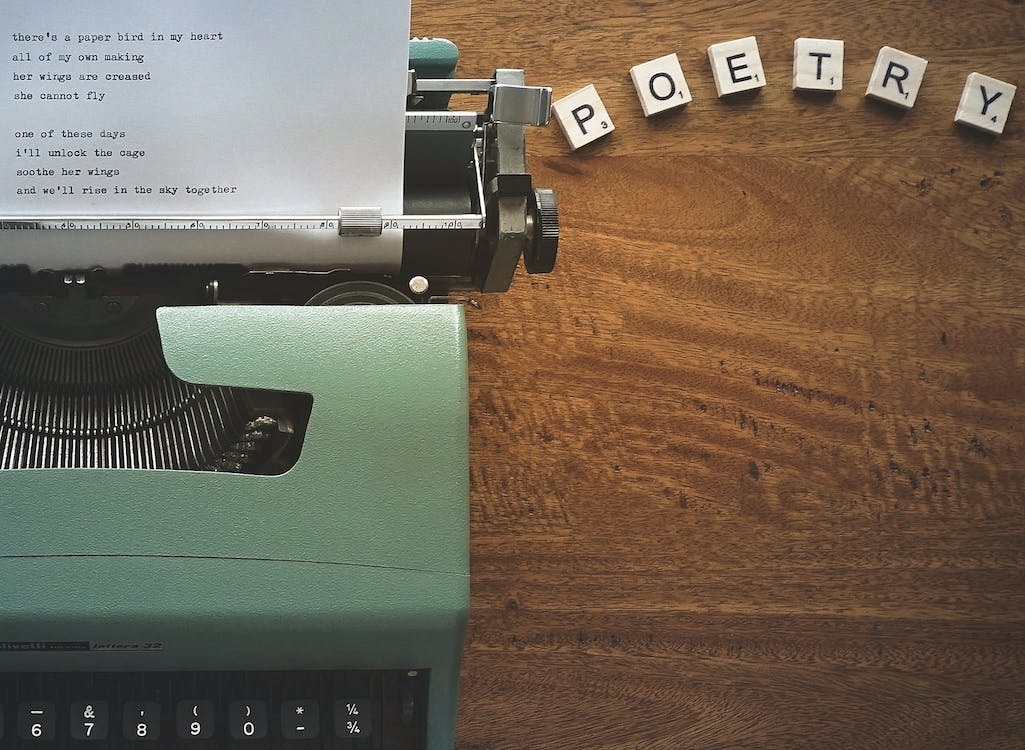The Evolution of Poetry: From Chaucer to Milton
The journey of poetry from Geoffrey Chaucer to John Milton spans a critical period in literary history, witnessing shifts in language, form, and thematic exploration. This era, spanning the late Middle Ages to the early Modern period, witnessed the transformation of English poetry from its medieval roots to a more sophisticated and intellectually engaging form. In this essay, we will explore the key developments and contributions of poets such as Chaucer, Spenser, Shakespeare, and Milton during this dynamic period.
Geoffrey Chaucer: Pioneering Middle English Poetry
Geoffrey Chaucer (1343-1400), often referred to as the “Father of English Literature,” played a crucial role in shaping Middle English poetry. His most renowned work, “The Canterbury Tales,” is a collection of stories told by diverse characters on a pilgrimage to Canterbury Cathedral. This innovative narrative framework allowed Chaucer to showcase various forms of storytelling, reflecting the rich tapestry of medieval society. His use of the iambic pentameter and rhymed couplets laid the foundation for later English poetry. Chaucer’s work exhibited a keen awareness of human nature, satire, and social critique, reflecting the changing cultural and linguistic landscape of his time.
Edmund Spenser: The Epic and Allegory
Edmund Spenser (1552-1599) emerged in the Elizabethan era as a significant figure, renowned for his work “The Faerie Queene.” This epic poem, composed in the Spenserian stanza, consists of six books (with an unfinished seventh), each dedicated to a specific virtue. “The Faerie Queene” is celebrated not only for its intricate allegory and rich symbolism but also for its exploration of political and religious themes. Spenser’s fusion of the classical epic tradition with medieval romance and allegory highlights his efforts to redefine English poetic tradition in light of new intellectual and cultural currents.
William Shakespeare: The Mastery of Versatility
William Shakespeare (1564-1616) stands as one of the most iconic figures in world literature. Although renowned primarily for his plays, Shakespeare also made significant contributions to poetry. His 154 sonnets are a testament to his mastery of the form, delving into themes of love, time, beauty, and mortality. Shakespeare’s sonnets display his ability to play with language, employing intricate wordplay, metaphors, and paradoxes to convey complex emotions. Additionally, his narrative poems, such as “Venus and Adonis” and “The Rape of Lucrece,” further showcased his versatility as a poet.
John Donne: Metaphysical Ingenuity
John Donne (1572-1631) is a central figure in the Metaphysical poetry movement that emerged in the early 17th century. Metaphysical poets were known for their intricate metaphysical conceits and intellectual engagement with themes ranging from love to religion. Donne’s poems, such as “The Flea” and “A Valediction: Forbidding Mourning,” display his unique ability to blend philosophical ideas with passionate emotion. His work often challenges conventional perceptions of reality, and his use of wit and paradoxes adds a layer of complexity to his poetry.
John Milton: Epic Ambitions
John Milton (1608-1674) represents the culmination of this evolving trajectory of poetry, particularly in his magnum opus, “Paradise Lost.” Written in blank verse, this epic poem retells the biblical story of the fall of humanity. Milton’s intricate use of language, his exploration of theological themes, and his portrayal of complex characters distinguish “Paradise Lost” as a towering achievement in English literature. The poem reflects the intellectual and theological debates of the time, highlighting the tension between human free will and divine providence.
Conclusion: A Mosaic of Poetic Expression
The transition from Chaucer to Milton is a journey that encapsulates the evolution of English poetry over several centuries. The Middle English ballads and rhyme schemes of Chaucer’s time gradually gave way to the structured forms and intricate metaphysical conceits of the Elizabethan and Jacobean eras. The works of Spenser, Shakespeare, Donne, and Milton exemplify the diverse range of poetic expression during this period, showcasing the ability of poets to adapt to changing cultural, religious, and intellectual landscapes.
This era laid the groundwork for the development of Modern English poetry, shaping the way poets approached language, form, and thematic exploration. From Chaucer’s lively tales to Milton’s epic ambitions, the poets of this period left an indelible mark on the trajectory of English literary history. Their contributions continue to inspire and influence poets and readers alike, reminding us of the enduring power of poetic expression to capture the complexities of human experience.

